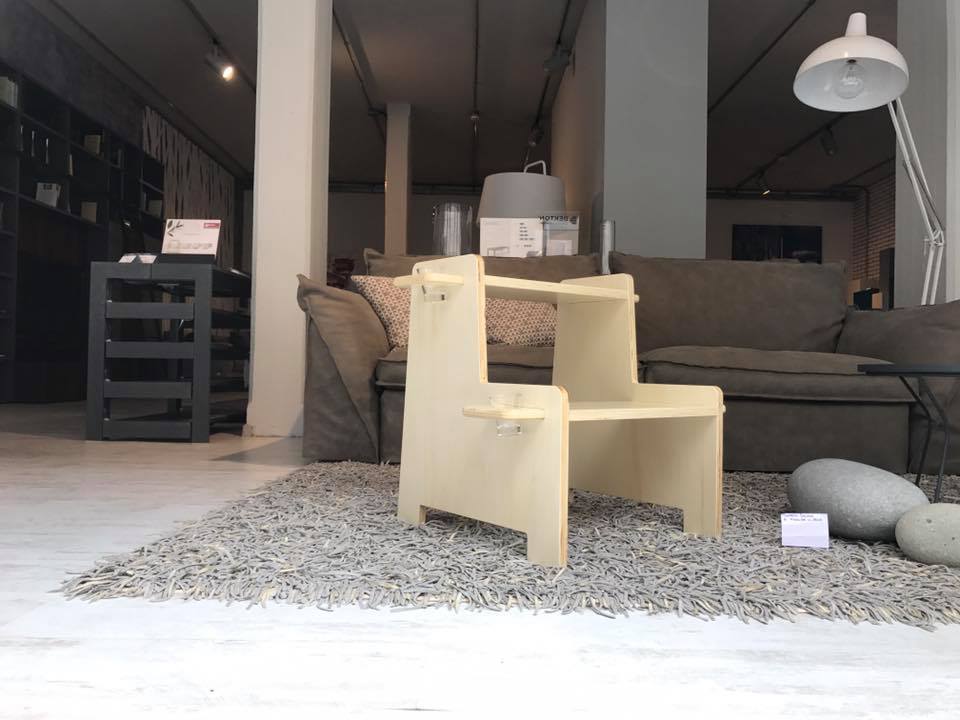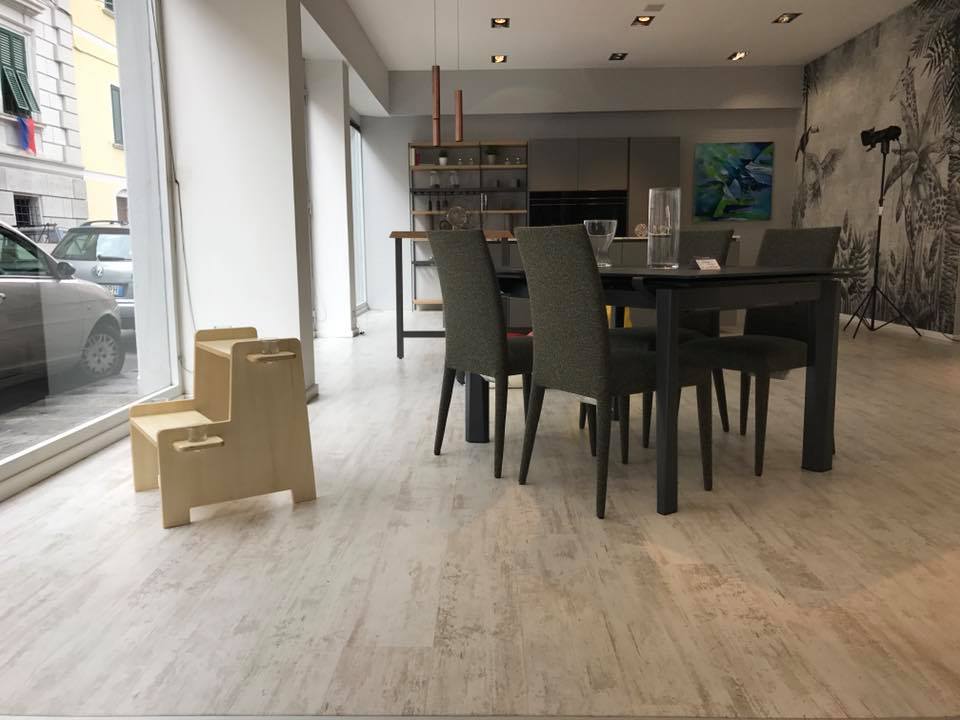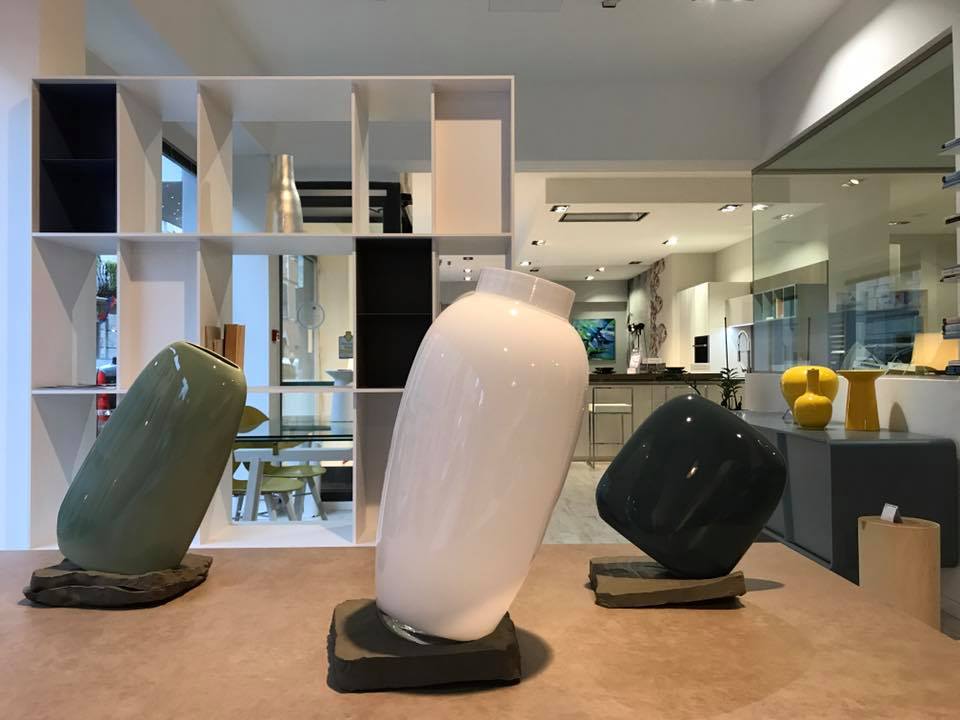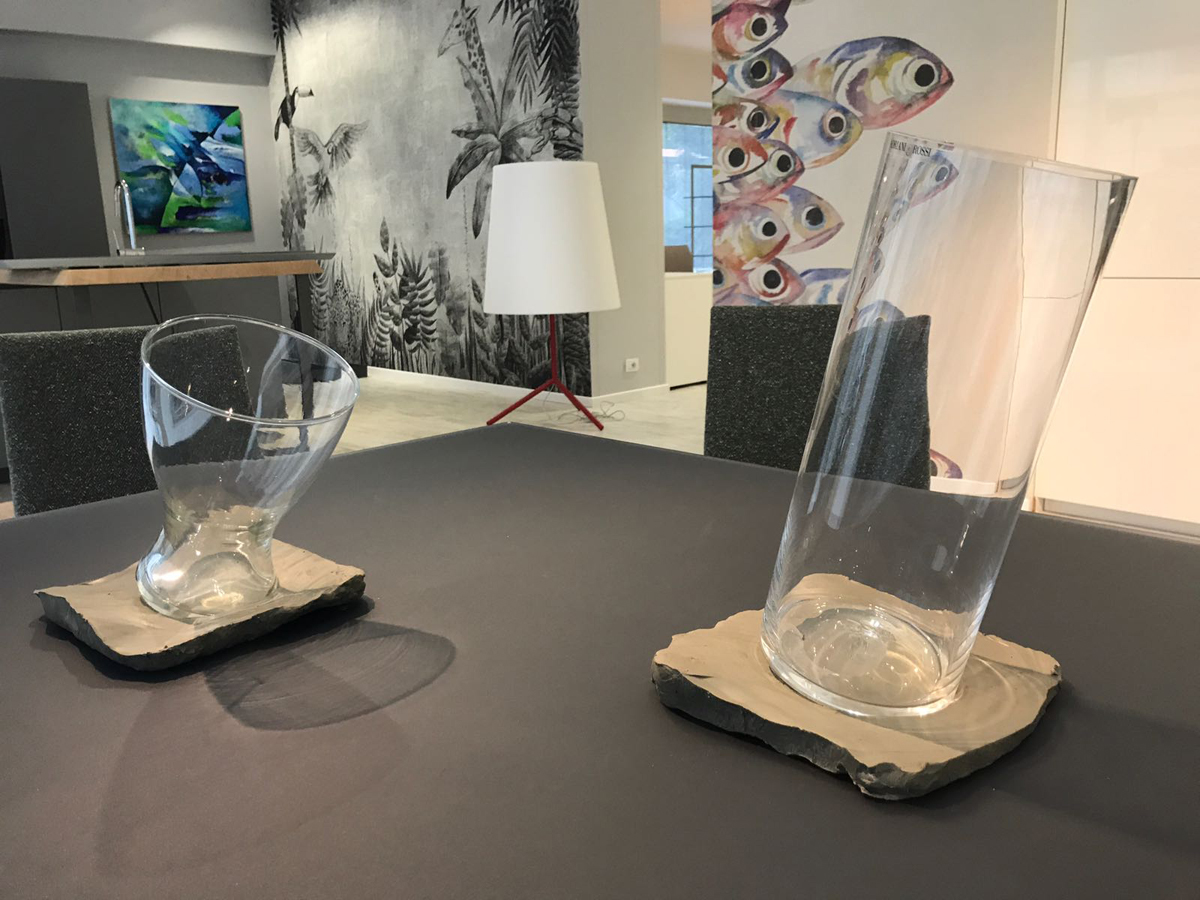Artist Residence curated by Daria Filardo, “Cantieri Aperti” IV edition, organized by Semi Cattivi, Borgo del Ponte (Massa).
September 2017

“
There are fiveThere are either no pavements or very narrow ones. The houses are low; you can see into them through the downstairs windows and almost climb up to the first floor.
It feels like an isolated place, not a neighbourhood within the city. There are only a few roads in the area called Borgo del Ponte, where the inhabitants have a strong sense of community and people don’t visit accidentally. Everyone you encounter lives here.
They all know each other and they are all acquainted with the history of past generations of each other’s grandparents, parents and grandchildren. There are powerful stories about someone who was once a partizan, then a highly political worker, and now it’s difficult to decide what precisely he is since everything is more fluid. But the memories of the past still influence the young people of today.
We’re surrounded by mountains covered in green woods and in front at the horizon is the sea. People are affected, influenced by the sour marine environment, a welcoming environment but not a place for sailers. They are used to being watchful and rooted in a place where people can disappear into the thick forest trees and the rain can cause landslides.
People stay in the streets, they know you’re not from there and offer to show you the way if you’re lost. In the few narrow streets that you get to know almost at once, or in the windows of a shop or studio you glimpse wooden objects. A little ladder composed of just two steps, just for seeing what’s going on inside the houses, a stool for one or better still for two people to sit on and chat while they drink a glass of wine. In fact there are some little niches that have been carved out for resting ones glass.
Normally in Italian villages you notice chairs in the streets outside people’s doors, where neighbours gather to sit, watch and gossip about what’s going on. But here there’s no need to take chairs outside because there are moveable stools in the street. Indeed if the grandmothers need to look after their grandchildren, a stool can be used as a desk and the glass become a pencil and pen holder. If, on the other hand, you keep a stool in the house, perhaps because it’s winter and raining hard, you can put pots of plants on it, you can even put plants in the glasses.
Or you can wear a stool like “wine underpants,” putting your legs through the gap between the legs and sitting on the lowest step, leaning your elbows on the higher step and sipping something as you think and watch. “Wine underpants” is the name of the intervention that Robert Pettena has decided to create and to leave in the neighbourhood of Borgo del Ponte at the end of the theatre, music, performance, visual art residence of 2017.
The stool/ladder/desk/wine underpants has been created in several different ways. It’s not unique object; it’s something people use; it hasn’t been created in order to be exhibited, but exists together with other things. You can find it in among design objects in a shop, displayed in the window and if you don’t know, it’s hard to tell that it’s not one of their design objects. But there’s a clue if maybe you’ve been sitting on the wine underpants and you’ve had a few drinks and perhaps you see crooked pots of flowers on the tables in the shops, because Robert has used a layer of clay to balance them so that they look as if they will fall over.
Or you might find wine underpants outside the carpenter’s shop, and since it’s made of wood, it seems like something he’s made, that he’s sitting on, chatting with friends near the fountain. Or in the space decorated with works by young artists, perhaps to confuse things a bit.
Robert Pettena has walked in the streets and got to know some of the people, leaving non-invasive traces, almost disguised as part of the environment, without imposing his ideas, but rather feeling the spirit of the place and allowing something to emerge.
“Wine underpants” is transformed, according to who uses it and what they use it for. Who knows what it will become after a couple of years, how many more things it could become.
”
Daria Filardo




Special thanks to the producer: Mastrolegno (Ferrone, Greve in Chianti).